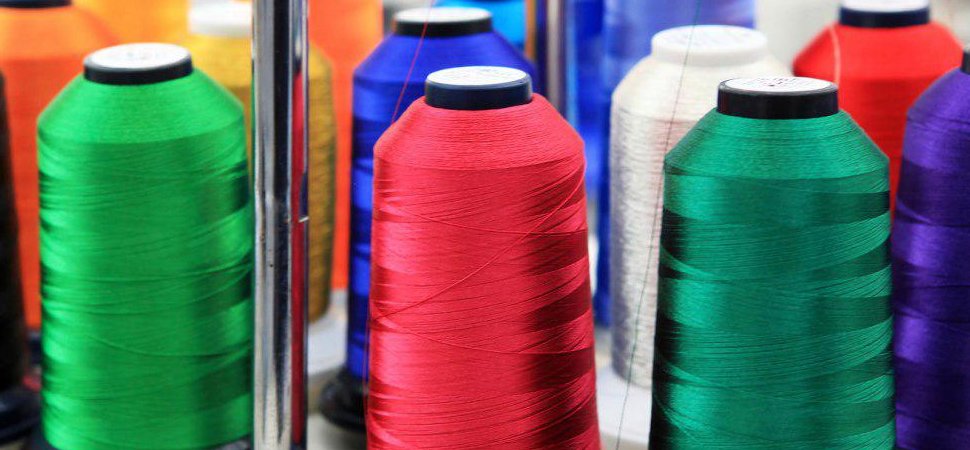The European Commission wants to do away with the "take, convert, spoil and throw away" economic model that harms the planet. As part of creating a more circular economy, the Commission has published proposals to make products more environmentally friendly. This includes the textile industry, which as we know is not the last source of pollution problems. In line with the Green Pact for Europe, on March 30, 2022, the Commission presented a series of proposals aimed at making eco-friendly products the norm. These measures aim to strengthen eco-friendly product design as well as the circular economy.
Ephemeral fashion, textile waste, destruction of unsold textiles. The Commission's proposals also include a strategy for the textile industry in the EU, as well as a proposed directive to strengthen consumer rights and combat misleading or false environmental claims (greenwashing).
A Green Pact for Europe
The main objectives of the Pact in relation to the challenges facing the clothing and textile industry are to
- Ensure transparency and traceability of supply chains;
- Encourage the development of recycling technologies for raw materials;
- Ensure compliance with the ECHA (REACH) regulation on chemicals as well as the European Ecolabel criteria for textiles.
Sustainable textiles by 2030
Between 2000 and 2015, global textile production almost doubled. The textile and clothing industry is the backbone of the European economy, employing more than 1.5 million people. The sector comprises almost 160,000 companies with sales of euro 162 billion in 2019.
Textile consumption is the fourth largest source of environmental impact in the EU (after food, housing and transportation). The textile sector also ranks third in terms of water consumption and land use and fifth in terms of primary raw material consumption. In addition, Europeans throw away an average of 11 kilograms of textiles every year, which cannot help but affect the planet.

Sustainable and Circular Textiles' strategies
- Sustainable, repairable and recyclable;
- Made primarily from recycled fibers;
- Free of hazardous substances;
- Manufactured in a manner that respects the social rights of workers and the environment.
Thus, in the textile industry, producers must take responsibility for their products throughout the entire chain, including when they become waste.
Strengthening consumer rights
The Commission also proposes to strengthen consumer rights by banning greenwashing. Consumer legislation will be amended to guarantee that information on the durability and repairability of products is provided at the point of sale. In addition, the forthcoming text should aim to ban claims that are deemed misleading, insufficiently substantiated and verified.
Our planet needs such radical measures more than ever before. Our future and prospects. Which we will leave to the next generation is our responsibility. So we must strive every year to improve our environment and economy, every day to think about what "I" personally can do to overcome the problem of over-consumption of resources. It is our responsibility to stop buying a huge amount of unnecessary things that we wear only once, but what is that one time worth for the environment? It is our responsibility to make informed purchases and support manufacturers who prioritize the preservation of our planet over making "all the money in the world".




Comments